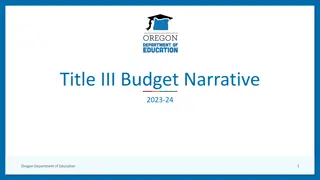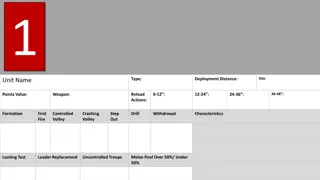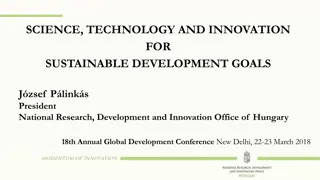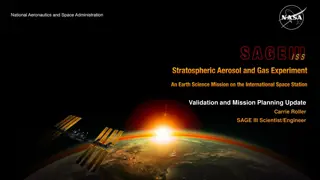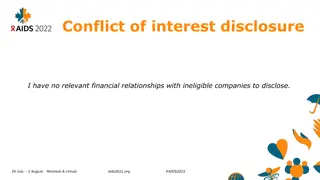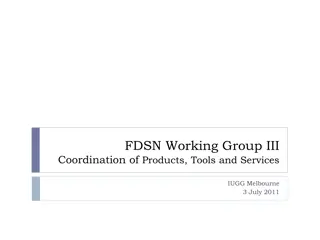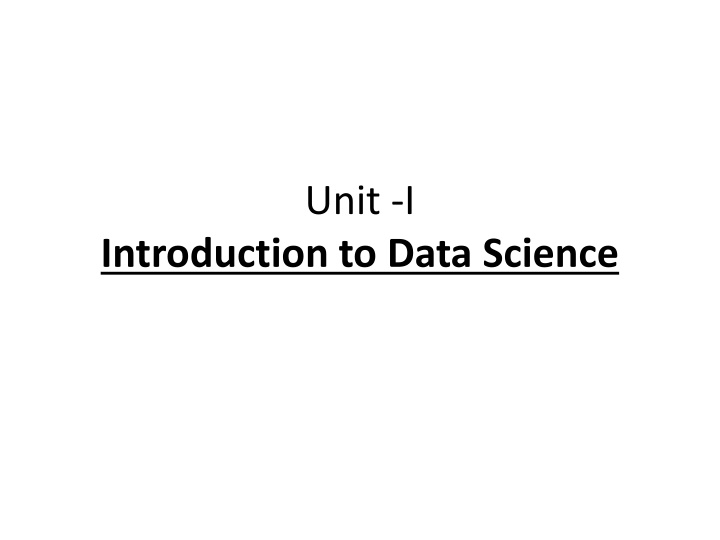
Impact of Data Science in Today's World
In today's digital age, data is being collected at an unprecedented rate from various aspects of our lives. Data science has emerged as a crucial field to make sense of this massive amount of data and derive valuable insights. The concept of datafication, where everything is turned into data, is shaping our online interactions and decision-making processes. This article discusses why data science is essential now, the rise of big data, and how statisticians have laid the foundation for today's data science practices.
Download Presentation

Please find below an Image/Link to download the presentation.
The content on the website is provided AS IS for your information and personal use only. It may not be sold, licensed, or shared on other websites without obtaining consent from the author. If you encounter any issues during the download, it is possible that the publisher has removed the file from their server.
You are allowed to download the files provided on this website for personal or commercial use, subject to the condition that they are used lawfully. All files are the property of their respective owners.
The content on the website is provided AS IS for your information and personal use only. It may not be sold, licensed, or shared on other websites without obtaining consent from the author.
E N D
Presentation Transcript
Unit -I Introduction to Data Science
Why Data Science now? We have massive amounts of data about many aspects of our lives and, simultaneously, an abundance of inexpensive computing power. Shopping, communicating, reading news, listening to music, searching for information, expressing our opinions all this is being tracked online, as most people know. It s not just Internet data, though it s finance, the medical industry, pharmaceuticals, bioinformatics, social welfare, government, education, retail, and the list goes on.
the amount of data collected might be enough to be considered big the data itself, often in real time, becomes the building blocks of data products
Datafication In the May/June 2013 issue of Foreign Affairs, Kenneth Neil Cukier and Viktor Mayer- Schoenberger wrote an article called The Rise of Big Data . In it they discuss the concept of datafication. They define datafication as a process of taking all aspects of life and turning them into data.
Googles augmented-reality glasses datafy the gaze. Twitter datafies stray thoughts LinkedIn datafies professional networks We are being datafied, or rather our actions are, and when we like someone or something online, we are intending to be datafied, or at least we should expect to be.
when we merely browse the Web, we are unintentionally, or at least passively, being datafied through cookies that we might or might not be aware of. when we walk around in a store, or even on the street, we are being datafied in a completely unintentional way, via sensors, cameras, or Google glasses.
History and Current landscape of perspectives Data science is new in some ways and not new in other ways. Many would argue that statisticians have already been doing a lot of what today we consider data science. On the other hand, we have an explosion of data in every sector, with data varying a great deal in its nature, format, size, and other aspects.
On Quora theres a discussion from 2010 about What is Data Science? and here s Metamarket CEO Mike Driscoll s answer: Data science, as it s practiced, is a blend of Red-Bull-fueled hacking and espresso-inspired statistics. But data science is not merely hacking because when hackers finish debugging their Bash one-liners and Pig scripts, few of them care about non-Euclidean distance metrics. And data science is not merely statistics, because when statisticians finish theorizing the perfect model, few could read a tab-delimited file into R if their job depended on it. Data science is the civil engineering of data. Its acolytes possess a practical knowledge of tools and materials, coupled with a theoretical understanding of what s possible.
People mean when they say data science: it is fundamentally an interdisciplinary subject. Data science comprises three distinct and overlapping areas: the skills of a statistician who knows how to model and summarize datasets (which are growing ever larger); the skills of a computer scientist who can design and use algorithms to efficiently store, process, and visualize this data; the domain expertise what we might think of as classical training in a subject necessary both to formulate the right questions and to put their answers in context.
Driscoll also mentions the sexy skills of data geeks from Nathan Yau s 2009 post, Rise of the Data Scientist , which include: # Statistics (traditional analysis you re used to thinking about) # Data munging (parsing, scraping, and formatting data) # Visualization (graphs, tools, etc.)
D.J. Patil described how he and Jeff Hammerbacher then at LinkedIn and Facebook, respectively coined the term data scientist in 2008. So that is when data scientist emerged as a job title. (Wikipedia finally gained an entry on data science in 2012.)
In 2001, William Cleveland wrote a position paper about data science called Data Science: An action plan to expand the field of statistics.










